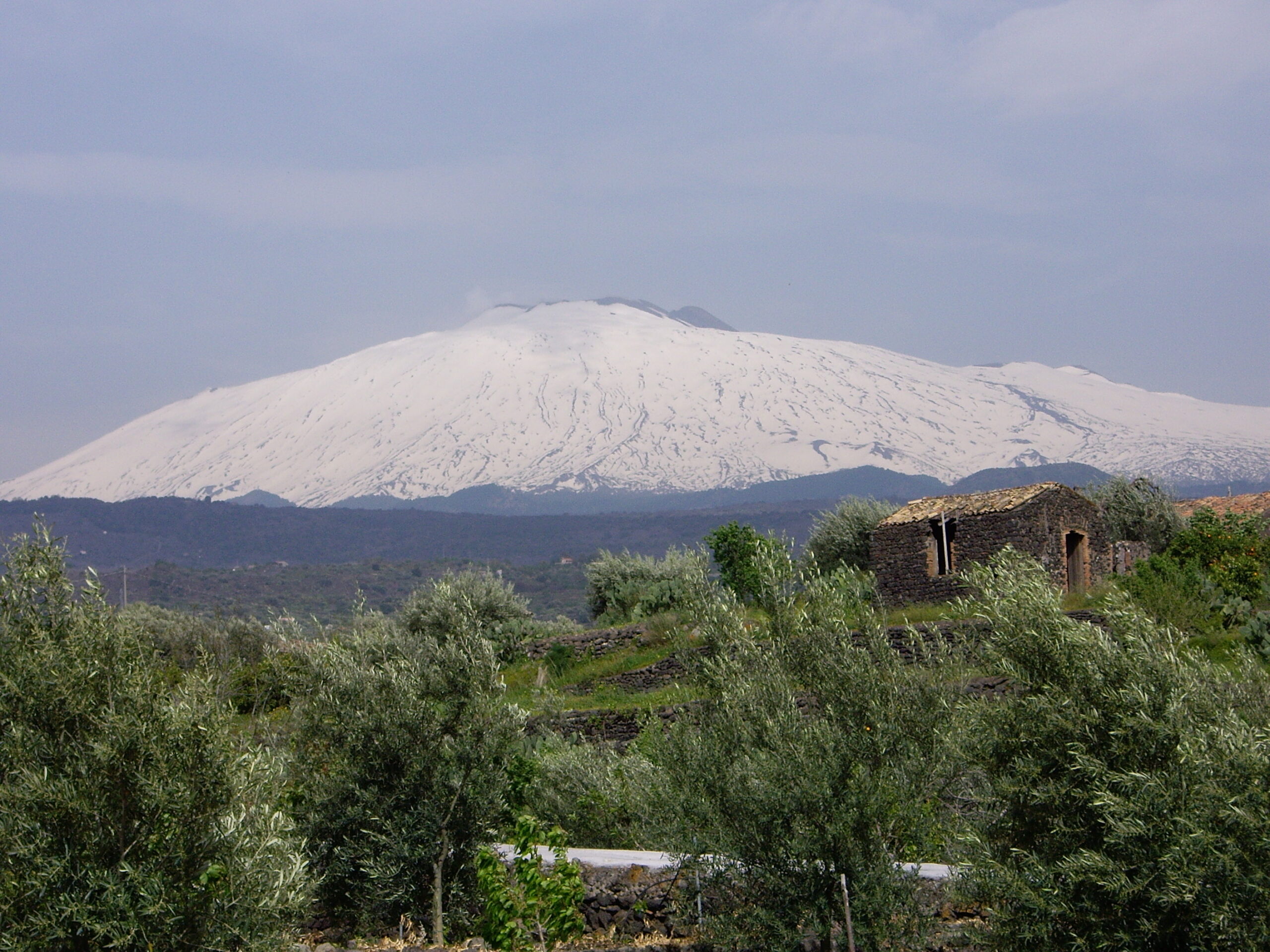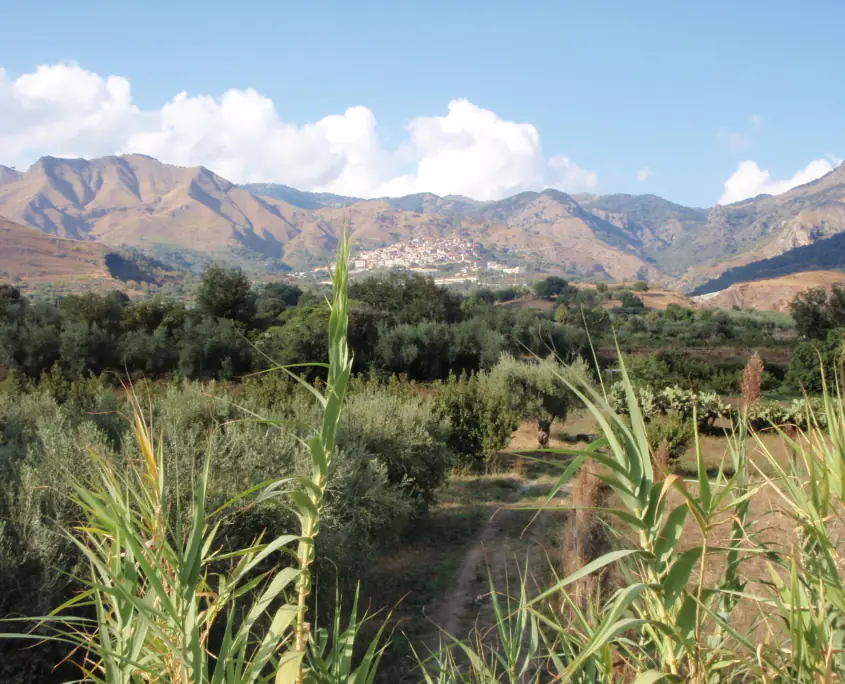Humus per la Biosfera
Building up humus as a “climate gas sink” to bind carbon and enrich soil fertility in Sicily.
Agriculture Carbon Removals and Sinks Soils

Project info
Italy
08/21 - 12/23
General public, Educational institutions, Non-governmental organisations, Local governments, Private sector
195,800.07 €
Contact info
Stefanie Hermsen
- "Green Jackets" Bronte
Background
Humus is the essence of fertile soil and thus an important contribution to food security. It also has the ability to bind carbon and thus reduce CO2 emission. Worldwide, in Europe, and especially in Sicily, the loss of humus is a serious problem. To counteract this development, municipalities, farmers, and individuals need to apply new approaches in waste management and agriculture.

Project
The project team promotes humus growth in farms and gardens in the small-scale farming river valleys of Mount Etna, Sicily. These valleys constitute an important eco-corridor between three nature parks which are home to the wildcat and other species. Several activities aim at encouraging the return of organic matter from households and farms to the soil, thus binding carbon and enriching soil biodiversity and fertility.
On several trial plots, the project team works together with scientists and more than one hundred farmers to develop climate- and biodiversity-friendly organic farming methods that ensure the production and preservation of humus soil. This additionally contributes to the goals set in the Italian Common Agricultural Policy (CAP) Strategic Plan.
Furthermore, the team cooperates with 27 municipalities located within a planned biosphere reserve by providing guidance for an ambitious project: the establishment of a regional organic waste composting system for 140,000 inhabitants.
Finally, the project team supports environmental education for approximately 3,000 Sicilian schoolchildren by providing education material to schools, focusing on the potential of composting for climate action. To accompany this, project members also assist the construction of schoolyard composters.
The project team includes 20-30 young volunteers from across Europe in all activities, making them multipliers who transport the lessons learned into their home countries.
External Links
TV-Reportage: Sizilien abseits der Touristenpfade – Wo junge Freiwillige Abenteuer erleben (German)
Last update: July 2024
